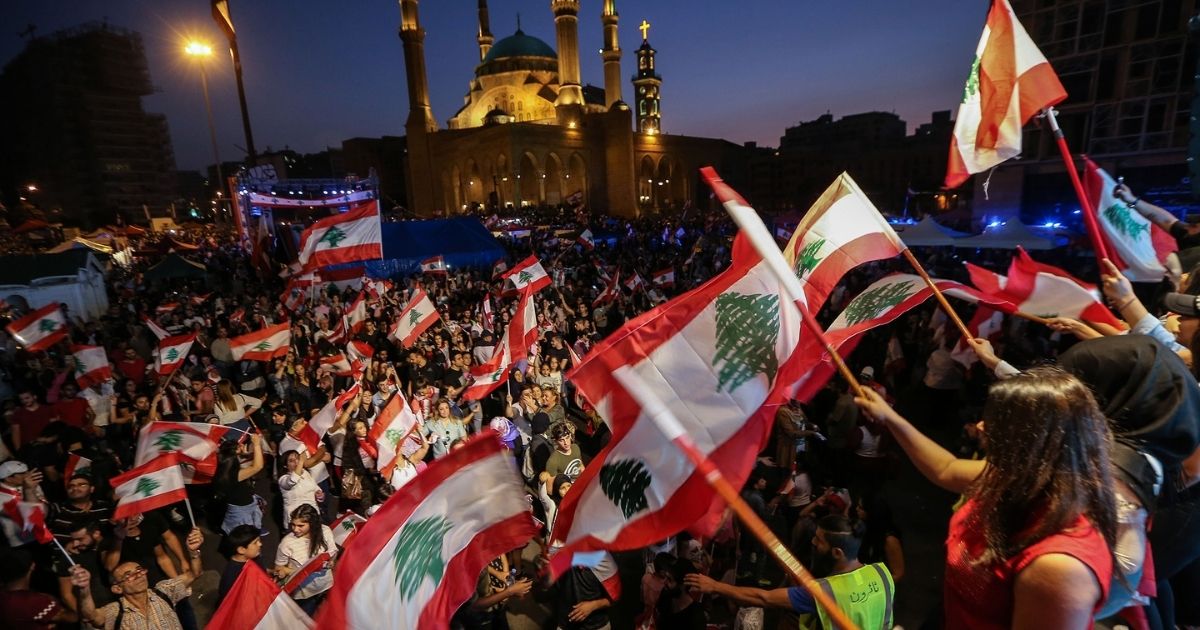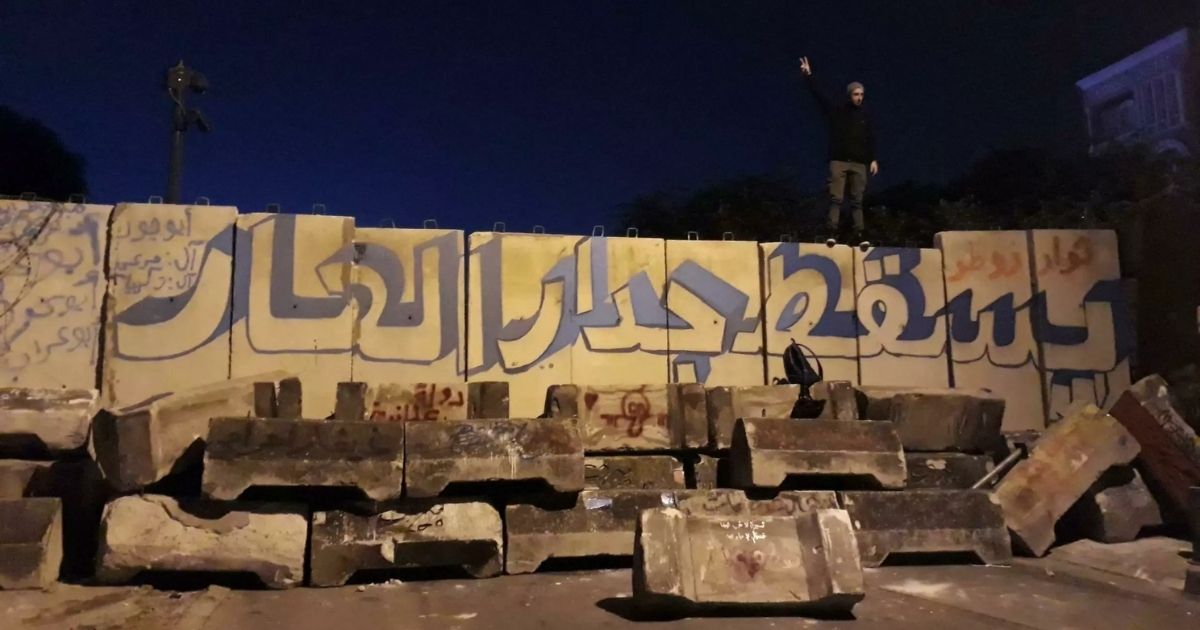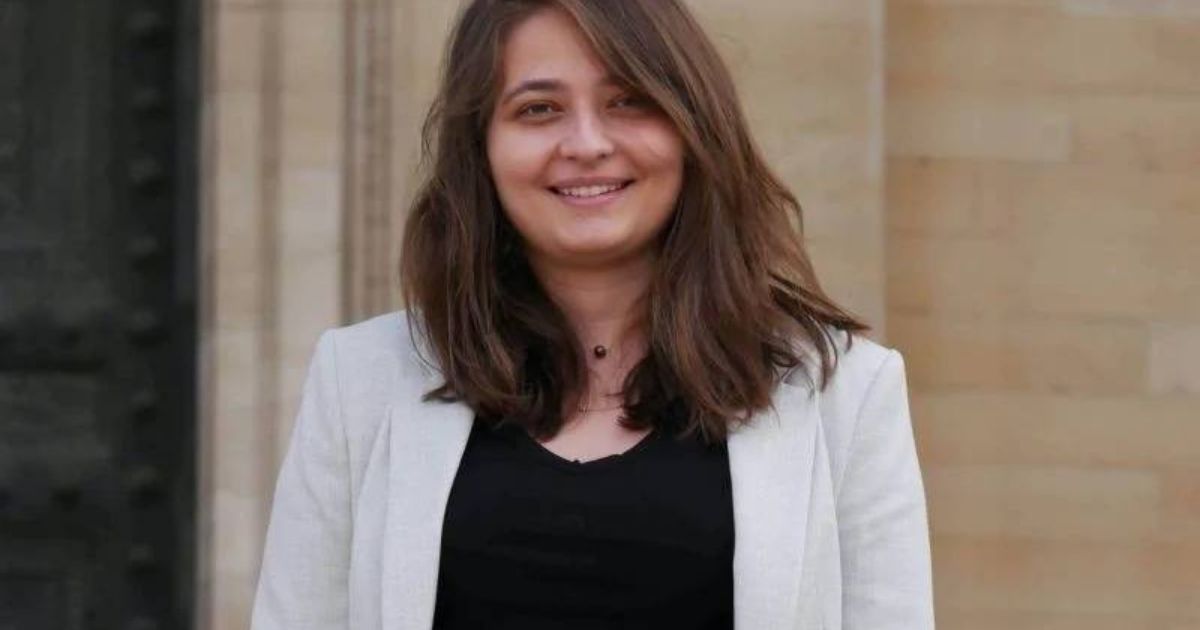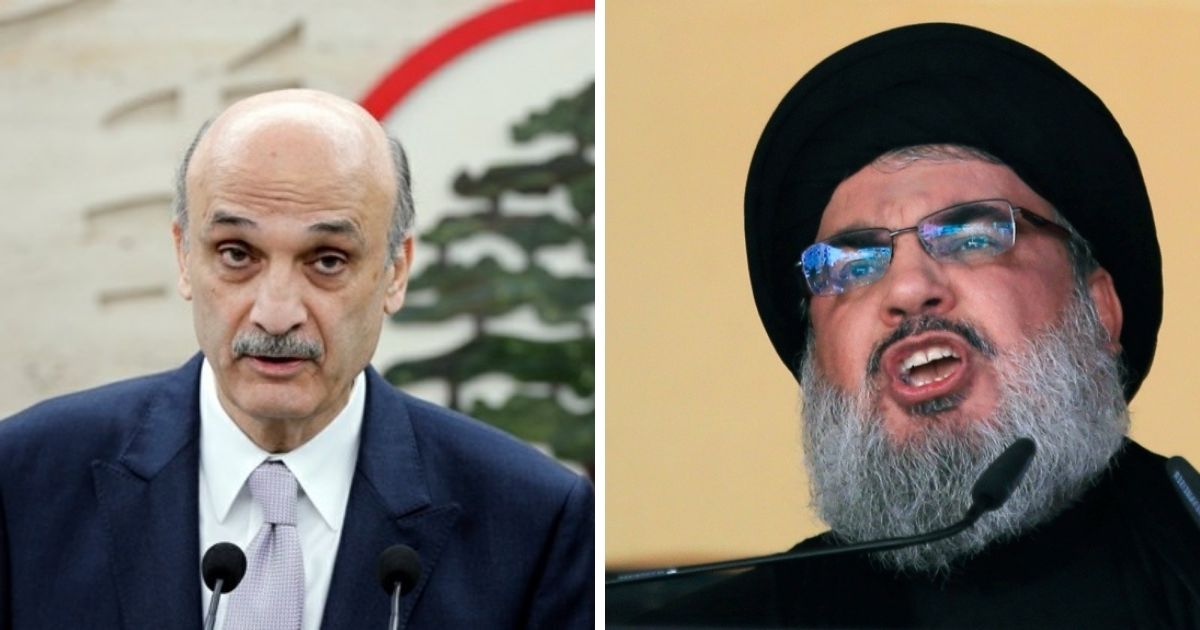While some believe that the Revolution is waning and weakening, this comes to show that it’s, in fact, evolving in its journey.
The Revolution has various aspects, the protests in the streets being the loudest and most visible yet not the only active one.
Lebanon and the world should realize by now how determined the people of the revolution are in attaining their aim.
There are now three Revolution TV stations aiming at conveying the voice and opinions of the people and live streaming the Lebanese revolution from all over Lebanon to the whole world.
Four months now since the start of the Lebanese Revolution, and we’ve seen local media covering it off and on.
There have been numerous instances of media blackouts. A more recent one was in January when clashes between the ISF and protesters erupted.
This situation with the local media, on which the people had relied to accompany them in their difficult journey, has led the revolutionaries to work on a solution, utilizing alternative media platforms to broadcast information globally.
First, there was the Thawra TV, which started streaming live on the second day of the revolution on social media platforms.
The channel states that it’s a “Reality Live Online TV” that covers the revolution events and unites the revolutionists around talks and discussions from all over Lebanon.
Unlike many media outlets, this TV is thriving to be fully independent of political pressure. It streams live exactly what is happening in the streets regardless of time and place.
It’s a channel that is not politicized and does not follow any party or group. It simulates the ambitions of the Lebanese people who have risen against corruption all over Lebanon since last October 17th.
Tarek, one of the founders of Thawra TV, said: “We’re trying to unite people and give them space to record events, make it an open platform, create something new: ‘reality revolution TV.'”
“It’s like a reality show and we have excellent footage of Saifi fights where we talked to people. We went live and filmed the confrontations happening, and we try to interact while we film live,” he explained.
Another Revolution TV has just launched on Monday, February 17th. Assolta Al-Rabe’ah, (The 4th Estate), started today its experimental broadcasts on the Internet, streaming live from the revolution.
The Fourth Estate, which usually refers to the press, is regarded as the strongest and most influential entity that can impact public opinion.
For the Assolta4 TV, it is about assuming their journalism free from political manipulation and broadcast the reality of what the other three ‘estates’ are doing.
Matilda Farjallah, a reporter of Assolta4, explains: “There is a great popular revolution. And an uprising that has nothing to do with parties. It’s a real revolution that comes out of our pain that deserves to be accompanied by the voice and language of the people.”
A 3rd Revolution TV is about to launch. According to LBCI, “There is another channel in the making that prefers not to disclose any information before time.”
For now, while the local media broadcast TV programs and selective news, the Thawra TV and Assolta4 are the go-to pages for live streaming and instant news of the revolution.
Watching what is happening in the streets away from bias and political manipulation and blackouts have opened the world’s eyes to the reality of the “unfree press” in Lebanon.
It is worth pointing out here that, while Lebanon’s successive governments have always taken endless times to implement solutions to the country’s problems, and often none whatsoever, the people have proven more effective, caring, and dedicated in that regard.
Solving the overall major problem of Lebanon is not an easy deed, complex as it is with political officials involved and holding on firmly to their status quo, yet the revolution is all about that. It is part of the problem-solving character of the Lebanese people.

















